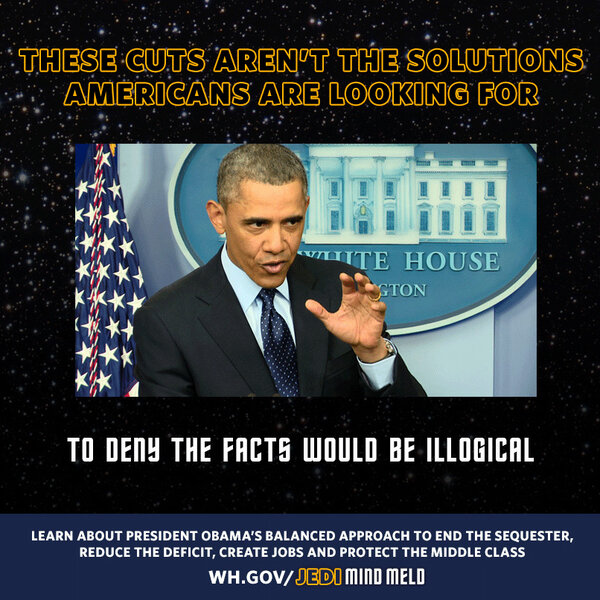I knew I liked the content space for some reason. Thx @karaweber for pointing me to this piece by @bgoldberg: pandodaily.com/2013/03/04/im-…
RT @DEVOPS_BORAT: In devops we have best minds of…
RT @DEVOPS_BORAT: In devops we have best minds of generation are deal with flaky VPN client.
Talkatone: The Missing Piece of the Google Voice App
 Google Voice is a very useful service by Google, adding features to your phone like voicemail transcription, call recording, and call blocking. Strangely missing from Google Voice’s main features is the most important part of the telephone: making calls. In order to do that, you have to use your regular phone or use Gmail’s calling service. However, there’s an app that allows you to use that Gmail calling service and use it on your iOS and Android device to make calls: Talkatone. Now instead of using your phone minutes (or if your device doesn’t even have a cellular connection), you can use the app to make calls over wi-fi or 3G. It’s very handy if you say lose a phone or are running low on minutes and need to make a call. The app even came in handy when I was in Japan and needed to make a free call to the United States (probably routed my call through the us servers, but your mileage may vary).
Google Voice is a very useful service by Google, adding features to your phone like voicemail transcription, call recording, and call blocking. Strangely missing from Google Voice’s main features is the most important part of the telephone: making calls. In order to do that, you have to use your regular phone or use Gmail’s calling service. However, there’s an app that allows you to use that Gmail calling service and use it on your iOS and Android device to make calls: Talkatone. Now instead of using your phone minutes (or if your device doesn’t even have a cellular connection), you can use the app to make calls over wi-fi or 3G. It’s very handy if you say lose a phone or are running low on minutes and need to make a call. The app even came in handy when I was in Japan and needed to make a free call to the United States (probably routed my call through the us servers, but your mileage may vary).
Programming People to Program
The “What most schools don’t teach” video on Youtube has gone viral fairly quickly, having amassed 8,711,609 views (as of Monday, March 4 at 12:34 AM). Anecdotally, I’ve seen it shared on Facebook by programmer and non programmer alike,and influence a few people to take up learning how to code in their spare time. Featuring a diverse cast of Mark Zuckerberg, Bill Gates, and Chris Bosh to name a few, it seems to make a compelling case for getting people interested in programming.
While I fully endorse the message, it however made me think of another person who asked us all to learn programming: Doug Rushkoff. He is the author of the book Program or Be Programmed, and frequent speaker on how important it is to learn coding in the 21st Century. Yet, I’ve heard of only 1 person who was inspired to program from Rushkoff’s message even though it’s been around much longer:
This got me thinking about why saying things one way resonates with us and why it saying it another does not. Code.org’s mission is more optimistic in tone, and features celebrities and people from industry espousing what is great about programming. Rushkoff, however, seems more pessimistic and anti-industry, revealing the hidden subroutines of the code we use everyday. Both methods carry the same message and yet the more optimistic video seems to be the one that is clearly winning people over to learning to program. It doesn’t mean Rushkoff’s message is any less important, but it reminds us that perhaps a hopeful message gets through better than a scary one.
Tweet: RT @whitehouse: We must bring balance to the Force…
RT @whitehouse: We must bring balance to the Force. #Sequester #JediMindMeld http://t.co/lIZlgavhuR

Tweet: It’s nice that @firstround has been posting up the…
It’s nice that @firstround has been posting up these CTO talk videos. Like this one on hiring more women engineers: youtube.com/watch?v=w4LExV…
Tweets: Anyone want two tickets to the Nerdmelt writers pa…
Anyone want two tickets to the Nerdmelt writers panel tonight? I won’t be able to make it. bit.ly/X7pU1x #nerdmelt
Tweet: Perhaps for next Chinese New Year, I’ll set up a s…
Perhaps for next Chinese New Year, I’ll set up a streaming TV box for my parents’ entertainment needs. immigrationroad.com/blog/how-to-wa…
Tweet: RT @TechCrunch: Facebook Says We Can All Breathe E…
RT @TechCrunch: Facebook Says We Can All Breathe Easy now techcrunch.com/2013/02/07/the… by @anthonyha
Tweet: How Facebook’s web development process don’t work…
How Facebook’s web development process don’t work for mobile (or having to learn how to write desktop software again): readwrite.com/2013/01/17/fac…
